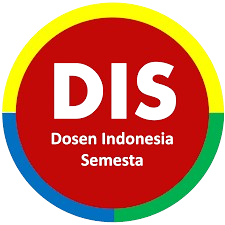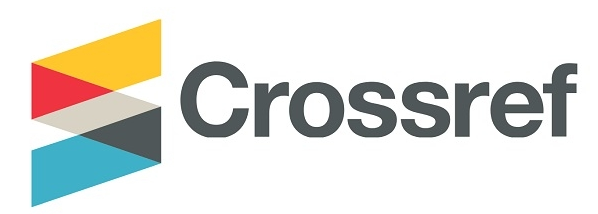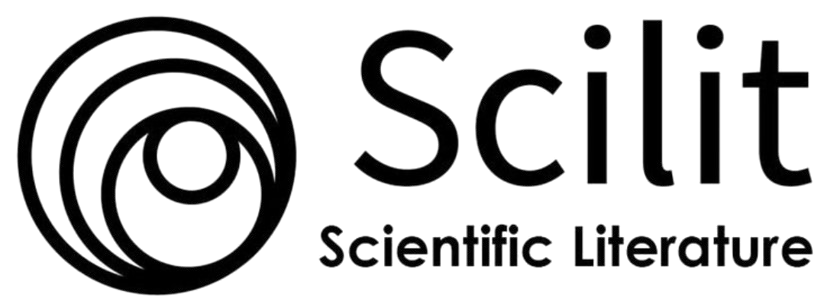INVESTIGATING TEACHER QUESTION TYPES IN AN EFL (ENGLISH AS A FOREIGN LANGUAGE) PRIMARY SCHOOL IN THAILAND
DOI:
https://doi.org/10.36526/ln.v7i1.2810Keywords:
Question Types, EFL ClassroomsAbstract
Teacher questions have become an important role in the teaching process, especially in English classes. This study investigates the various types of teacher questions used in the classroom during the teaching and learning process. This study held at primary school in Darul Ulom Nibong Baru, 4082, Sateng Nok, Mueng Yala, Thailand. This study aims to find out the types of questions that are often used by teachers in foreign language classes. The questions were identified and classified based on the framework of Richards and Lockhart (1996) as procedural, convergent and divergent. This study used a qualitative method and data was collected through observation for 55.37 minutes from two teaching sessions. This research was conducted by observing (video recording) both teachers and students and interviewing the teacher. The results of this study indicate that questions with Convergent type is the most frequently used by teachers in class (86%) compared to procedural (9%) and divergent (5%) questions. Convergent question types are often used by teachers because these questions encourage students to always answer based on the material taught by the teacher during the learning process.
References
Alhodiry, A., A. (2016). The libyan EFL teachers’ role in developing students’ motivation. Social and Behavioral Sciences. 232, 83-89.
Arslan, M. (2006). The role of questioning in the classroom. Educational Sciences. 81-103.
Bajramia, L. (2015). Teacher’s new role in language learning and in promoting learner
autonomy. Social and Behavioral Sciences. 199, 423-427.
Course, S., (2014). ELT students’ use of teacher questions in peer teaching. Social and Behavioral Sciences. 158, 331-336
Ellis, R. (2012). Language Teaching Research and Language Pedagogy. UK. Jhon Wiley anf Sons, Inc
Farahian, M., Rezaee, M. (2012). A case study of an EFL teacher’s type of questions: an investigation into classroom interaction. Social and Behavioral Sciences. 47, 161-167.
Hamiloğlu, K., & Temiz, G. (2012). The impact of teacher questions on student learning in EFL. Journal of Educational and Instructional Studies in the World. Vol. 2. No. 1. pp. 1-8.
Hulea, L. (2015). The double role of foreign language teachers. Social and Behavioral Sciences. 191, 2339-2341.
Hsiao, C., H. (2017). Teachers’ questions and feedbacks in EFL classrooms. International Journal of English Language Education. Vol. 5. No. 2. pp. 164-180.
Inan, B., Fidan, D. (2012). Teacher questions and their functions in Turkish as a foreign language (TFL) classes. Social and Behavioral Sciences. 70, 1070-1077.
Jack R. Fraenkel - Norman E. Wallen, How to Design and Evaluate Research in Education.
Seventh Edition (New York: McGraw-Hill, 2009), 422
Kathleen Cotton, “Classroom Questioning”. North West Regional Educational Laboratory (Online), available at: http://educationnorthwest.org/sites/default/files/ClassroomQuestioning.pdf, retrieved in: 6th Mei 2019.
Manson, G. (2007). Classroom questioning for geography teachers. Journal of Geography. 74:4. pp. 24-30.
Mahmood, R., K. (2014). A pragmatic analysis of yes/no questions in English with reference to press conferences. Social and Behavioral Science. 136, 36-40.
Omari, H., A. (2018). Analysis of the types of classroom questions which Jordanian English language teachers ask. Canadian Center of Science and Education. Vol. 12. No. 4. pp. 1-12.
Öztürk2, E, O. (2016). Types of questions used in EFL classrooms: a reflective study on a turkish EFL teacher’s practices. International Journal of Language Academy. Vol. 4. No. 3. Pp. 164-173.
Richard, J.C, & Lockhart, C. (1994). Reflecting Teaching in Second Language Classrooms. Cambridge: Cambridge University Press.
Shahrill, M. (2013). Review of effective teacher questioning in mathematics classrooms. International Journal of Humanities and Social Science. Vol. 3. No. 17. pp. 224-231.
Sujariati. Rahman, Q., & Mahmud, M. (2016). English teacher’s questioning strategies in EFL classroom at SMAN 1 Bontomarannu. English Language Education. Vol. 3. No. 1. pp. 107-121.
Wessel, R, J. (2016). Responding to wrong answers. Religious Educator: Perspectives on the Restored Gospel. Vol.6. no. 2. 174-183.
Xhemajli, A. (2016). The role of the teacher in interactive teaching. (IJCRSEE) International Journal of Cognitive Research in Science, Engineering and Education. Vol. 4. No. 1. pp. 31-38
Yang, H. (2017). A research on the effective questioning strategies in class. Science Journal of Education. Vol. 5, No. 4, pp. 158-163.
Yahya, A.A., Osman, A., Taleb, A., & Alatta, A.A. (2013). Analyzing the cognitive level of classroom questions using machine learning techniques. Social and Behavioral Science. 97, 587 – 595.
Zahrani, M.Y.A., & Bargi, A.A. (2017). The impact of teacher questioning on creating interaction in EFL: a discourse analysis. Canadian Center of Science and Education. Vol. 10. No. 6. pp. 135-150.
Downloads
Published
How to Cite
Issue
Section
License
This work is licensed under a Creative Commons Attribution-ShareAlike 4.0 International License.


















